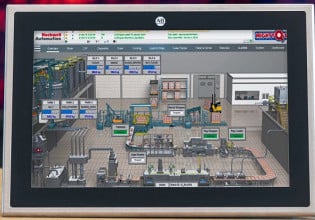A
For those so inclined, this is a rather lengthly yet interesting article. After two days I've only just started chapter 3.
http://www.euronet.nl/users/frankvw/IhateMS.html
Anthony Kerstens P.Eng.
http://www.euronet.nl/users/frankvw/IhateMS.html
Anthony Kerstens P.Eng.






